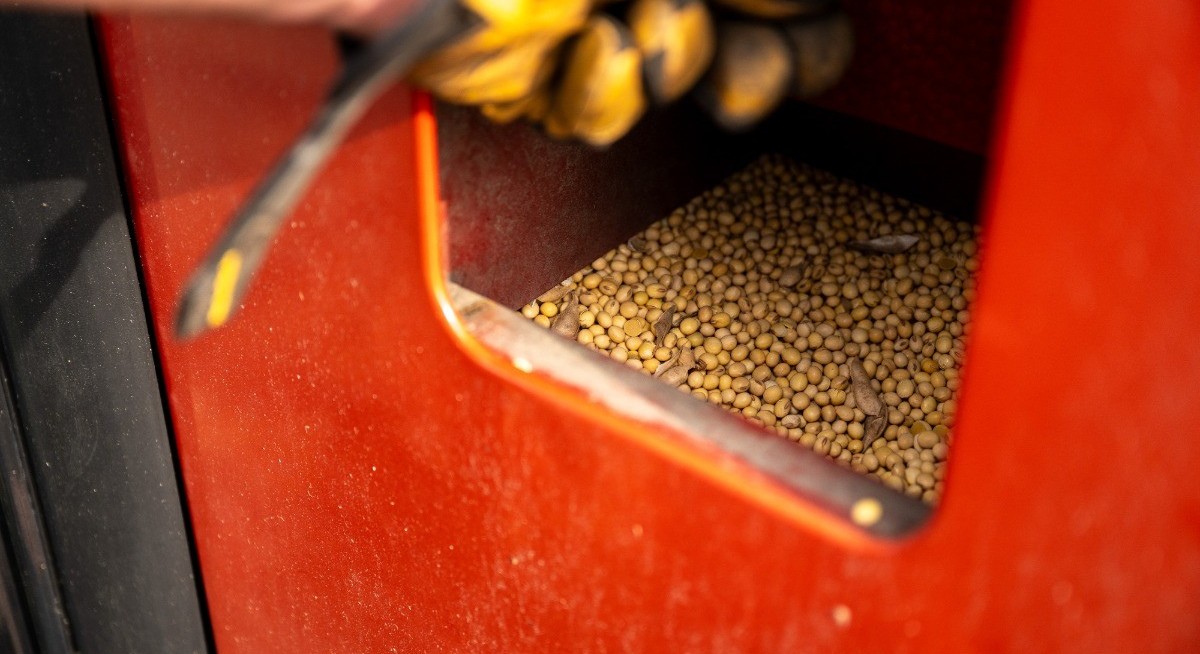Washington said Beijing had pledged to buy 12 million tons of soybeans by year end, followed by 25 million tons annually over the next three years. China has yet to confirm the specific purchase commitments mentioned by Trump’s team, but Beijing has reduced tariffs on American soybeans and lifted import bans on three American exporters, including CHS Inc, reciprocating similar conciliatory actions from the US.
“Within the industry many view the reported commitment by China to purchase 12 million tons of US soybeans to be more of a diplomatic gesture than a firm trade deal,” said Kang Wei Cheang, an agricultural broker at StoneX Group Inc in Singapore.
China has spent the past few months buying massive amounts of South American beans in a bid to diversify its sources. Therefore, Chinese demand is expected to be lower in the coming months regardless of any trade deal with the US, according to Vitor Pistoia, a senior grains and oilseeds analyst at Rabobank.
See also: No silver lining in meltdown
Chinese crushers will need to cover some December-January shipments before new-crop supplies from top exporter Brazil become available, but those are expected to be only a few million tons, according to some industry estimates. That would still put the need for US cargoes well below the purchasing target for this year cited by Washington.
Moreover, US soybeans still face a 13% tariff, according to traders, and processing them would result in heavy losses, leaving Chinese commercial crushers with little incentive to book American cargoes.
US soybeans are also trading at a premium to South American beans, according to Cheang at StoneX, partly due to the jump in prices after the trade deal was announced.
See also: US pitches mineral price floors, investments to tackle China
With Brazil’s planting season progressing normally and new crop supplies expected by late January to early February, Chinese buyers are reluctant to secure large volumes from the US for near-term shipment, he added.
Recent purchases of US soybeans were done by China’s state-owned firms, with a big chunk possibly destined for state reserves, traders said. For commercial buyers, the trade truce has reopened the field to American supplies, which now must compete with Brazil for a sales window that is quickly disappearing.
Uploaded by Tham Yek Lee





